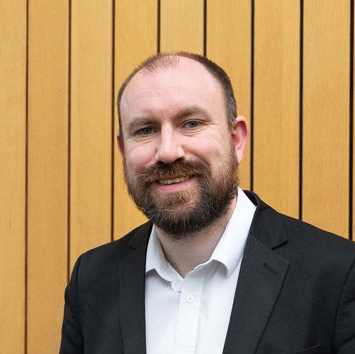Personal academic tutoring is a support system that helps university students navigate their academic journey and grow as individuals.
As the needs of students, institutions, and the wider educational environment have changed, personal tutoring has evolved to support them.
With its origins in a more ad hoc system of support dating back centuries, it has become a pedagogically rigorous and valued part of modern higher education.
Given the increasingly diverse student population, effective personal academic tutoring is vital to ensuring a transformative educational experience.
Challenges for leaders
Institutions face several decisions when considering the development of a personal academic tutoring strategy. There is debate over whether personal academic tutoring delivery should adhere to a single institutional model or should be tailored by each faculty or school to meet the specific needs of their students. Furthermore, the extent to which personal academic tutoring should be integrated into an institution’s Access and Participation Plan is a matter for consideration.
The role of a PAT is complex and multifaceted. Questions arise about whether all academic teaching staff are equipped to serve effectively as PATs and whether the role should be considered a specialist position with dedicated resources. Identifying the training needs of PATs and understanding how they perceive their role are essential steps in refining the effectiveness of this support.
Students, academic staff, and support teams perceive the role of personal academic tutors (PAT) differently. One challenge in this dynamic is identifying the barriers that prevent students from engaging with their PAT, which is crucial for improving the support system and, ultimately, the student experience.
The operational delivery of PAT services also presents various challenges and things to consider. With the increasing and complex demands on academic staff, finding a workable student-to-staff ratio becomes critical. The format of PAT sessions – whether one-on-one, in groups, or a combination – along with their scheduling and the medium of delivery (in-person, online, or hybrid) are key factors in their accessibility and effectiveness. Identifying when PAT sessions are most needed and whether they should be timetabled are important aspects of this discussion.
Finally, monitoring and evaluating PAT activities are imperative for assessing their impact and efficiency. Efficiently recording PAT interactions, leveraging learning analytics, and evaluating the impact of personal academic tutoring on B3 outcomes are strategic approaches to understanding and enhancing the value of personal academic tutoring in the academic environment.
A problem shared
Across the higher education sector, there is clear evidence of changing support needs (for example, greater emphasis on promoting mental health and well-being) and student behaviours (for example, time spent on campus). Many institutions are undertaking reviews of their personal academic tutoring delivery models, and it is clear they are grappling with similar challenges. These typically constitute complex problems in that they are often interconnected with a range of other issues.
In response to these challenges, the United Kingdom Advising and Tutoring Association (UKAT), in collaboration with the University of Bedfordshire, the University of Sussex, and the QAA, are creating a Senior Leaders Network community of practice to meet and explore ways of enhancing personal academic tutoring delivery from an overarching institutional perspective. We foresee that such a network would act as a hive mind to explore ways of enhancing personal academic tutoring delivery and how to respond to these complex problems at the level of programmes and institutions. It would also provide opportunities for members to share ‘what works’ in terms of institutional best practices and findings from evaluation activities.
Academic support can play an important role in developing student agency and understanding, providing valuable insights and encouragement and reinforcing key skills and competencies required to succeed in their chosen field of study and beyond. Through this community of practice, we hope that senior leaders can collectively enhance the role, experience and impact of personal academic tutoring delivery within the sector and ensure that, as a collective community, we are supporting staff to excel in this space and meet the needs of students now and in the future.
If you strategically lead a personal academic tutoring scheme within your higher-education institution and would like to join the first exploratory meeting of this newly established community of practice, we would encourage you to register for this virtual meeting here.
















